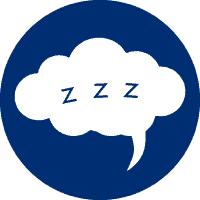
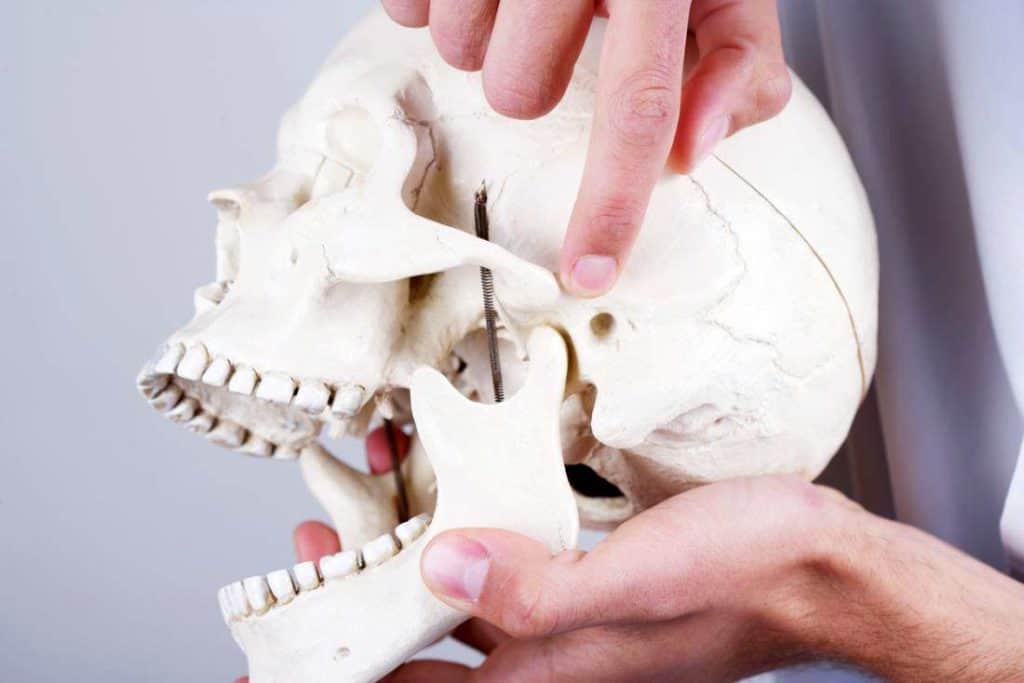
You deserve a life without the pain & debilitation of TMJ.
Find out what’s causing your pain.
NEED HELP ?
Reasons to Choose Us

In Sydney CBD
clients think of us.


Convenience
Free-Parking
Location

Health Funds
Interest-Free

Advanced Technology with Compassionate Service.
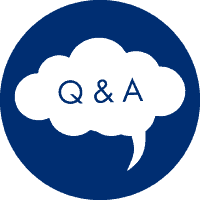
You've Got Questions, We've Got Answers
TM Joint?
What is the TM Joint?
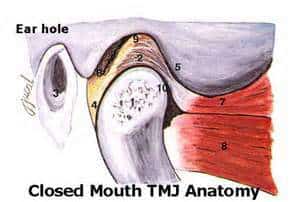
A good night's sleep.
What are the causes of TMJ Pain?
In the diagram above, the pain could be coming from any of the numbered areas and that is why we as doctors need to make a diagnosis to treat you appropriately.
These areas consist of the bones, muscles, ligaments, nerves, blood vessels, the disc (cushion that protects the jaw bone from rubbing on the skull bone – no. 2 above)
Your jaw pain is actually most of the time caused by trauma.
- Macro-trauma
this is when you have suffered a car accident, banged your head in some way.
(e.g. during sport, bumping your head or being hit by something.)
- Micro-trauma
this happens when you suffer from bruxism (i.e. you grind or clench your teeth every night whilst you are asleep
- Have I had any accidents in my life?
- Do I grind my teeth
- (if you do not know – we will examine you and will let you know from different signs)
These include:
(you may not have all these signs)
- Tooth wear – you see the second layer of the teeth
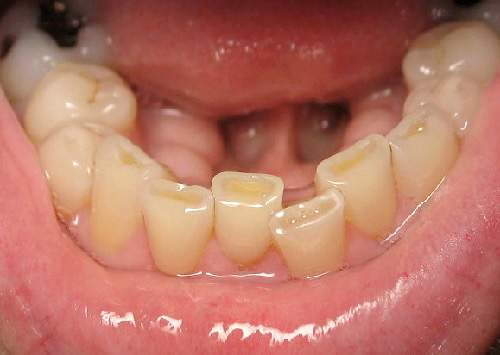
- Tori – these are bumps on the inside of your lower jaw
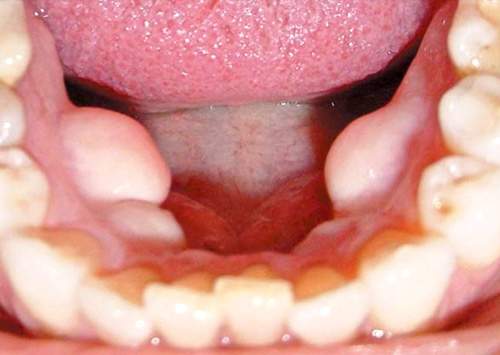
- Shape changes in the angle of your jaw (only seen on an x-ray)
- Broken or fractured teeth
- Facial or tooth pain
- Headaches
- Limited opening of the jaw
- Jaw noises (popping/clicking)
- Tongue scalloping (impressions of your teeth on the sides of your tongue)
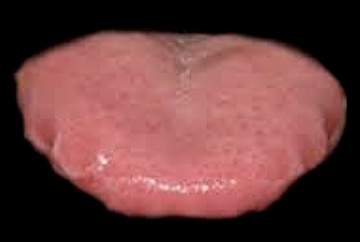
Why am I grinding my teeth?
There are many causes of grinding.
However the most common cause of grinding is a sleep arousal problem.
This means that you micro-wakeup regularly throughout the night.
Why do I have a sleep arousal problem?
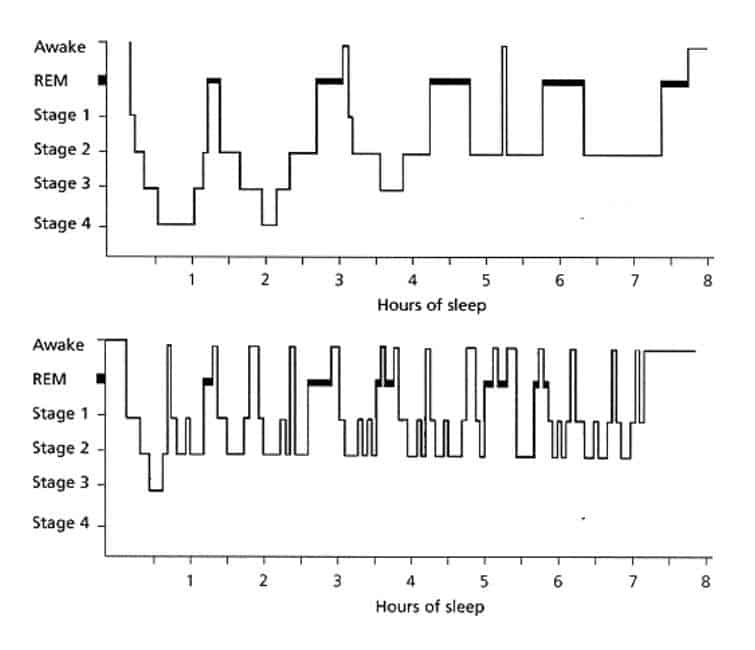
Breathing
Disorder
What is sleep disordered breathing?
Normal Air Pipe

Let us explain further.
We have an air pipe that leads from the nose to the lungs.
Let us explain further – We have an air pipe that leads form the nose to the lungs.
That air pipe is normally large enough to allow air to pass through whilst you breathe.
During sleep, this air pipe (which is made of muscles) narrows.
This is because all the muscles relax during deep sleep.
Narrow Air Pipe
However, what if your air pipe is already narrow to begin with?
When you go into deep sleep then your air pipe will narrow even further and may shut down completely for seconds at a time.
This causes a choking effect and after a few seconds your brain recognises that the oxygen levels are too low and tells you to wake up.
This is when you get a micro-arousal – enough to allow you to open your airway so that you can breathe.
You eventually fall back to sleep.
Imagine choking yourself many times AN HOUR and multiply that by the number of hours you sleep.
Would you allow that to happen to you when you were awake?
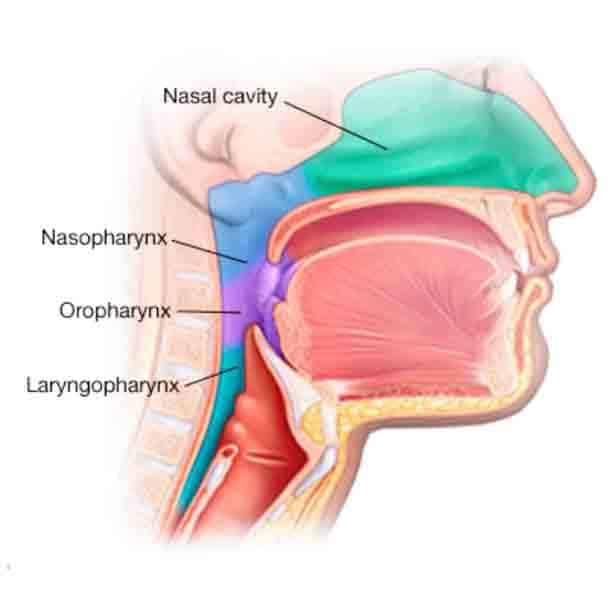
5 Causes of a narrow air pipe

In the diagram above, the pain could be coming from any of the numbered areas and that is why we as doctors need to make a diagnosis to treat you appropriately.
These areas consist of the bones, muscles, ligaments, nerves, blood vessels, the disc (cushion that protects the jaw bone from rubbing on the skull bone – no. 2 above)
Cause No.1
- Nose – feeling of blocked nose – you can have a deviated septum or enlarged turbinates
- (the air conditioners of the nose are swollen and do not let large amounts of air to pass through)
- (the air conditioners of the nose are swollen and do not let large amounts of air to pass through)
Cause No.2
- Behind the nose – This is where the adenoids are
Cause No.3
- Behind the top jaw – this is around where the ‘dangly bit’ called the uvula is – at the back of your throat.
Cause No.4
- Behind the lower jaw – this space is surrounded by the tongue and if your tongue has been pushed backwards then can close the airway.
- The tongue can be pushed backwards due to narrow jaws and crooked teeth.
- Also if the tone of your muscles is low then the tongue also drops to the back of your throat when you go into deep sleep.
Cause No.5
- In the throat.
Having narrow airways and/or less toned airway muscles can lead to a tendency towards blockage of the airways during deep sleep.
This in turn leads you to choke during sleep and waking you up multiple times an hour and leading you to grind or clench your teeth.
This in turn, leads to placing a lot of pressure on the muscles and joint of the jaw leading to jaw pain and headaches.
If, in your air pipe, the nose is blocked, you end up breathing through the mouth.
To effectively breathe through the mouth you need to raise your chin (just like giving CPR to somebody who has lost consciousness – we raise their chin to open the airway so that we can breathe for them through their mouth).
As you can’t walk with a raised chin, the body compensates by posturing your head forward. See diagram below.
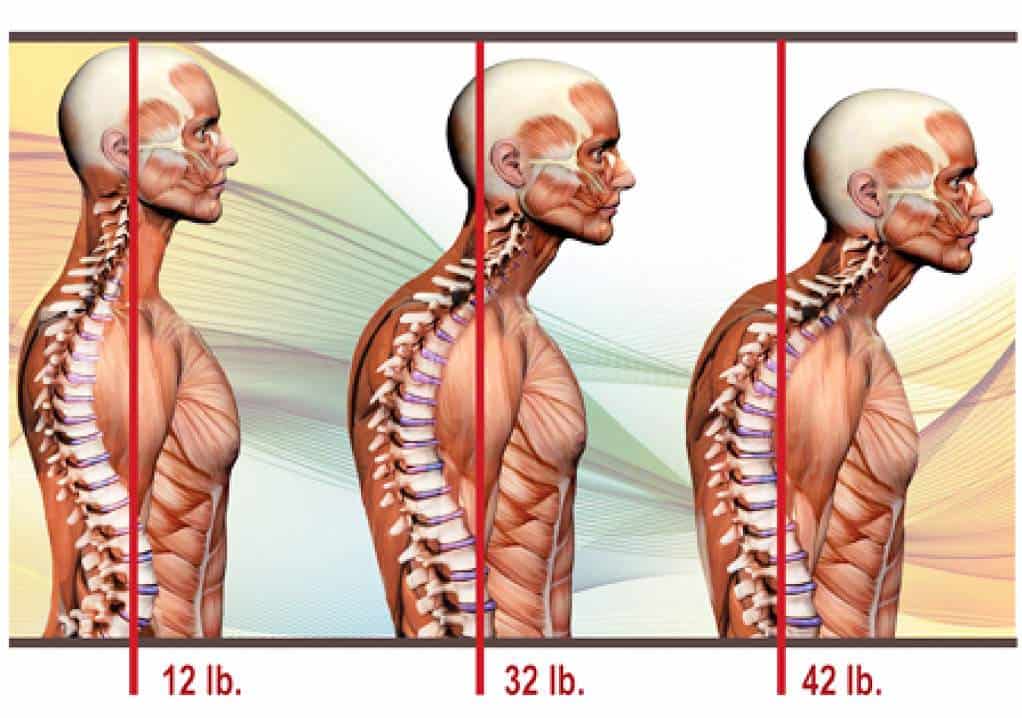
This places a lot of tension on your neck, shoulder and back muscles over time leading to chronic pain.
You need to have your nose checked to have long lasting management of your neck and back pain.
Did you know? The Dangers of Forward Head Posture is a Domino Effect.
Dangers of Forward
Head Posture
Why does forward head posture matter?
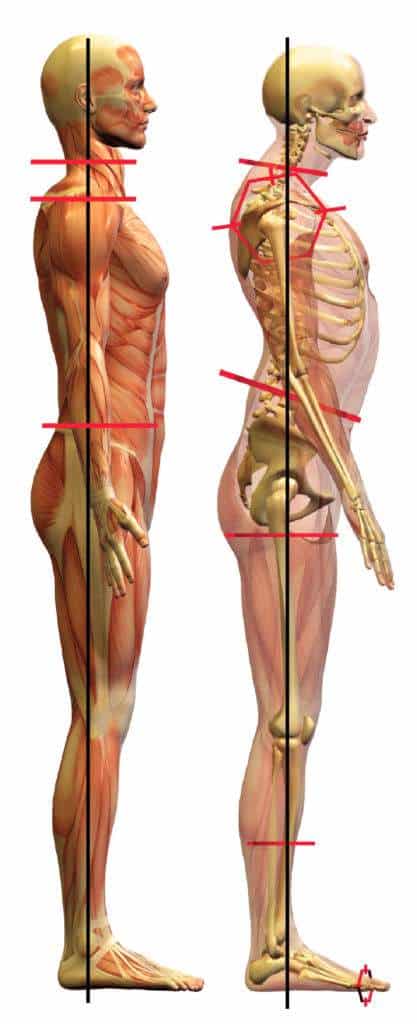
- The head moves forward shifting the centre of Gravity.
- To Compensate for the upper body shift, the hips tilt forward.
- To Compensate, the Upper body drifts backward.
Therefore, the forward head position can be the cause of not only head/neck problem, but also mid-back & low back problems.
I have other symptoms as well. Can they be related to my sleep and pain?

Many people with a sleep disordered breathing have other issues as well. What happens is that your 1. Nervous system, 2. Hormonal system and 3. Immunological system gets out of balance.
So you may have one of the following Symptoms:
Hormonal System
- Changes in blood sugar leading to insulin resistance or diabetes
- Thyroid problems
- Weight problems
Heart Issues
- High blood pressure
- Palpitations
- Enlarged heart
Immunological System
- Frequent infections
Gut Problems
- Reflux disease, heartburn
- Irritable bowel & irritable bowel syndrome
- Constipation
Nervous system
- Anxiety
- Stress
- Depression
- Poor Concentration and Memory problems
- Personality changes, which may include irritability
Sex Issues
- Decreased sex drive
- Erectile Dysfunction
Other Issues
- Morning Headaches
- Sore, dry throat on waking
- Sudden awakening with a sensation of gasping or choking
- Night sweats
- Restlessness during sleep
- Tinnitus (ringing in the ear) – related to your jaw pain
What are the Symptoms in Children?
- Bedwetting
- Choking or drooling
- Poor school performance
- Teeth grinding
- Sluggishness or sleepiness (often misunderstood as laziness in class)
- Learning difficulties and behavioural disorders
- Slower than normal growth rate (due to reduced growth hormone release)
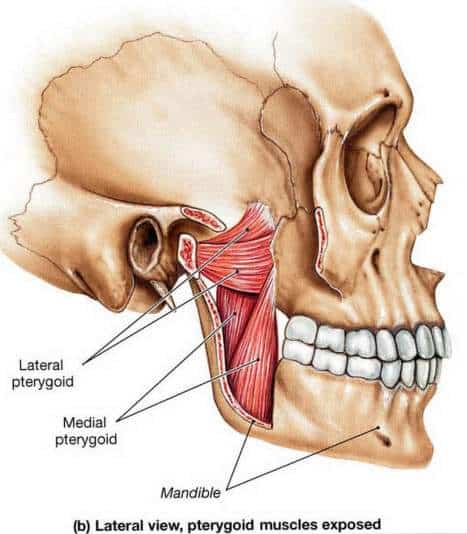
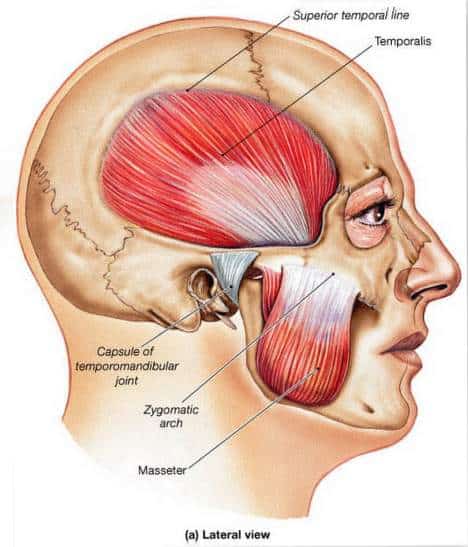
Migraine, cluster headaches, hypnic headache, morning (tension) headache in both adults and children may be related to sleep apnoea and disturbed sleep.
Lack of oxygen to your muscles can lead to headaches.
Headaches have been found in 65% of patients with nocturnal bruxism (night time grinding).
People who grind their teeth use 3 times the force than people who do not.
Bruxism happens as a subconscious activity and therefore unawareness of the activity is common.
People brux more when they are on their backs and they also suffer more sleep apnoea in that position.
People with nasal obstruction will posture their head forwards with time to be able to breathe through their mouths at night.
This forward head posture places more stress and strain on the neck muscles leading to headaches on the back of the neck.
(We will explain this further during the consultation visit if you have not seen us yet)
Diagnosis & Treatment

What is the diagnosis & treatment
for TMJ pain?
- A postural examination
- A cranial examination
- Dental exam
- Neurological Exam
We will look at range of motion of the jaw, speed and deviation of opening and closing, joint sounds, internal TMJ, inflammation and pain.
Your sleep will be evaluated with a sleep study.
This will allow us to determine whether you have a sleeping disorder which could be contributing to your TMJ pain.
A scan of your head and neck will be taken to see if there is any obstruction of your nasal or oral airway.
Our treatment plan may include orthotics or splint therapy and a range of adjunctive therapies to help alleviate the pain and correct the bite.
The list, though not exhaustive, includes one or more of the following.
- Daytime splint (worn for 3 to 6 months)
- Night time splint (worn probably for a longer period)
- ENT consultation if your nose if blocked
- Oral Myology (this is where your muscles of the tongue, lips and cheek are trained to function better and therefore improve tone. Also, nasal breathing will be taught.
- TMJ physiotherapy
- Low Level Laser Therapy to heal the muscles (photo-bio-modulation)
- Nutritional support to relax muscles and improve chronic tiredness, sleep and fatigue.
- Rarely – Injections to relax muscles.
Generally, 80% of people tend to improve dramatically after this treatment and stay healed.
Special orthotics/splints that are designed to maximise function and ability to breathe properly, are worn during the day and night.
This allows your jaw joint to heal (just like a fractured bone is plastered).
Orthotics therapy treatment time is usually three months but in more severe cases the treatment can take longer.
for more detailed information.
We are ready to assist you.

